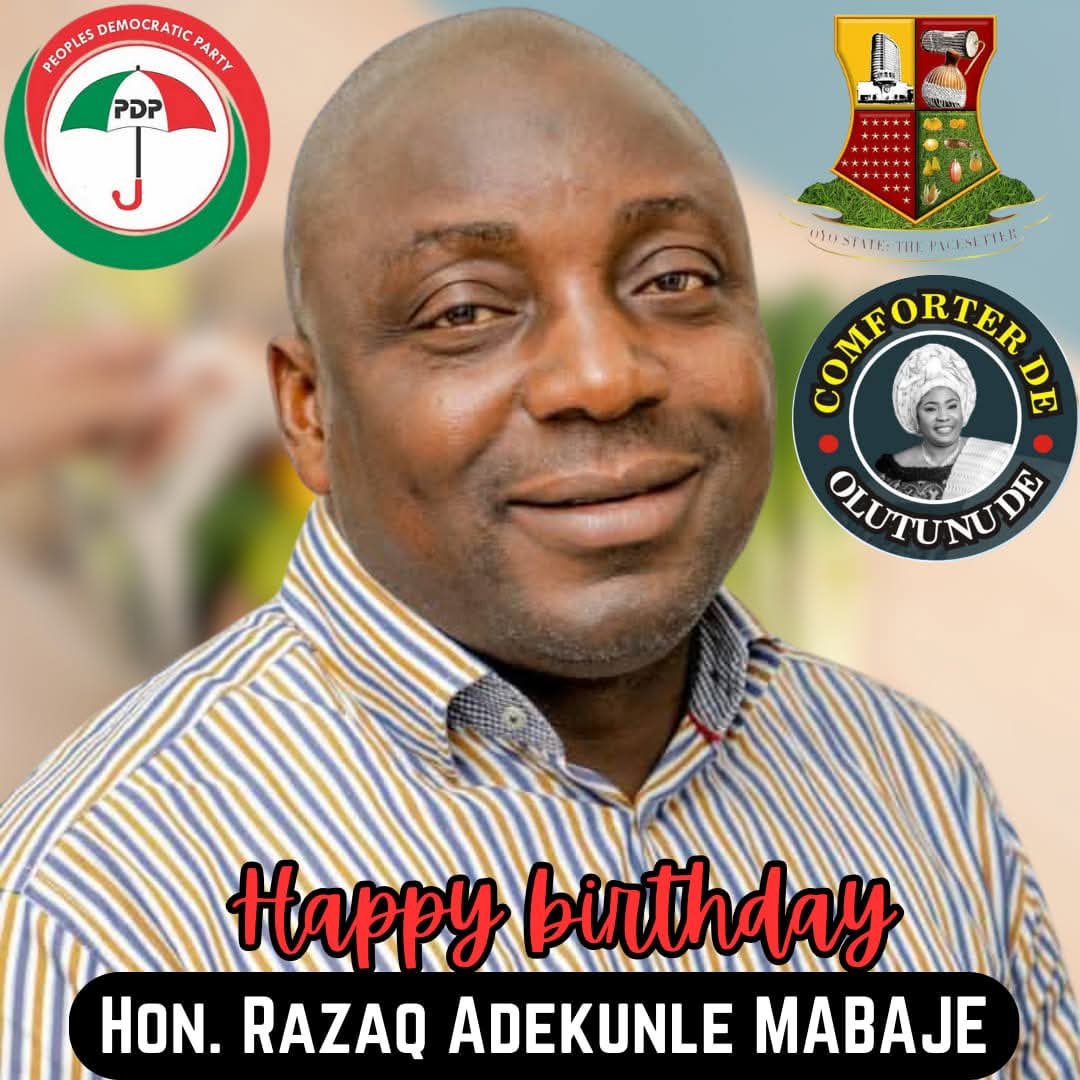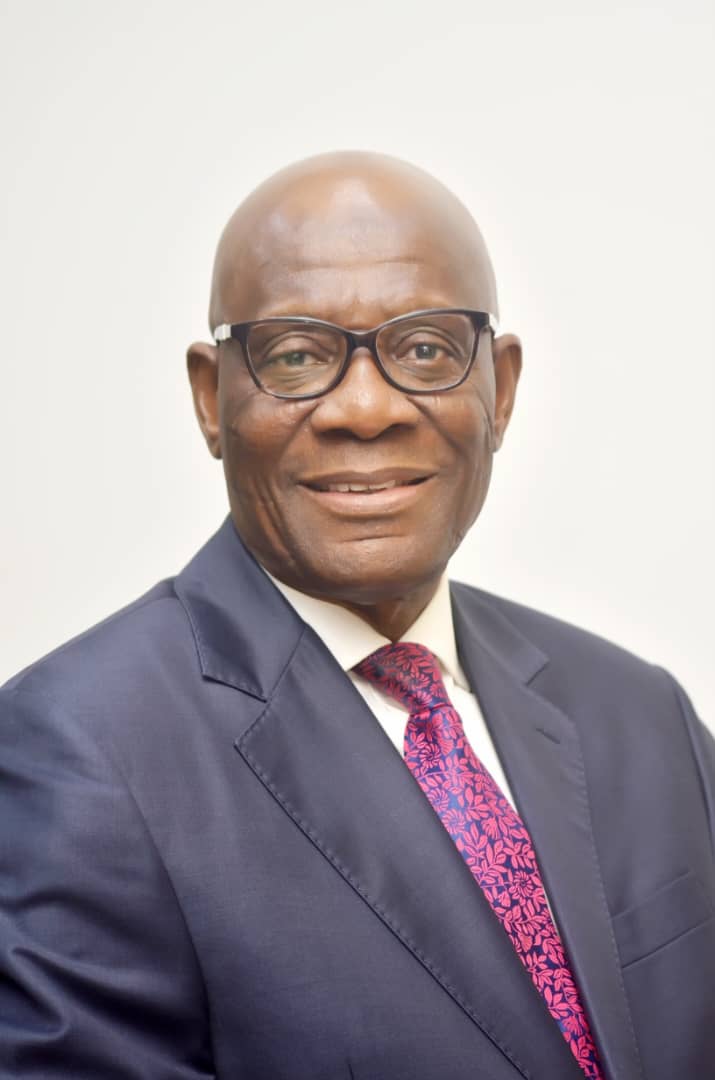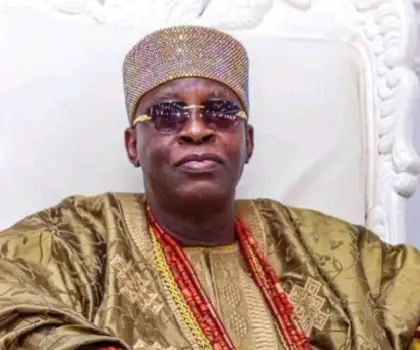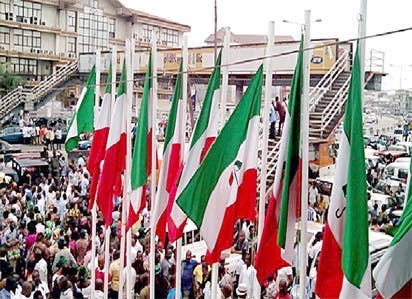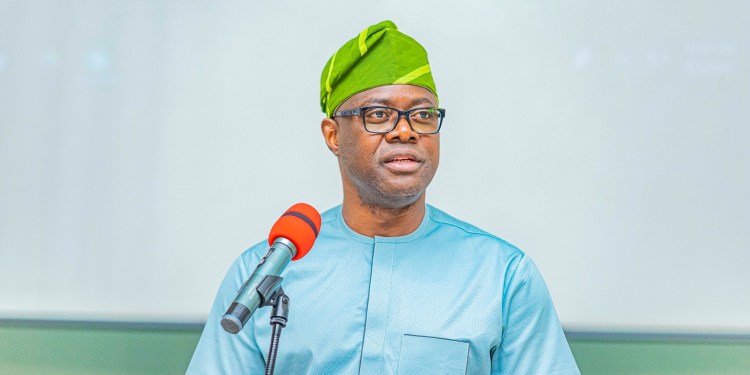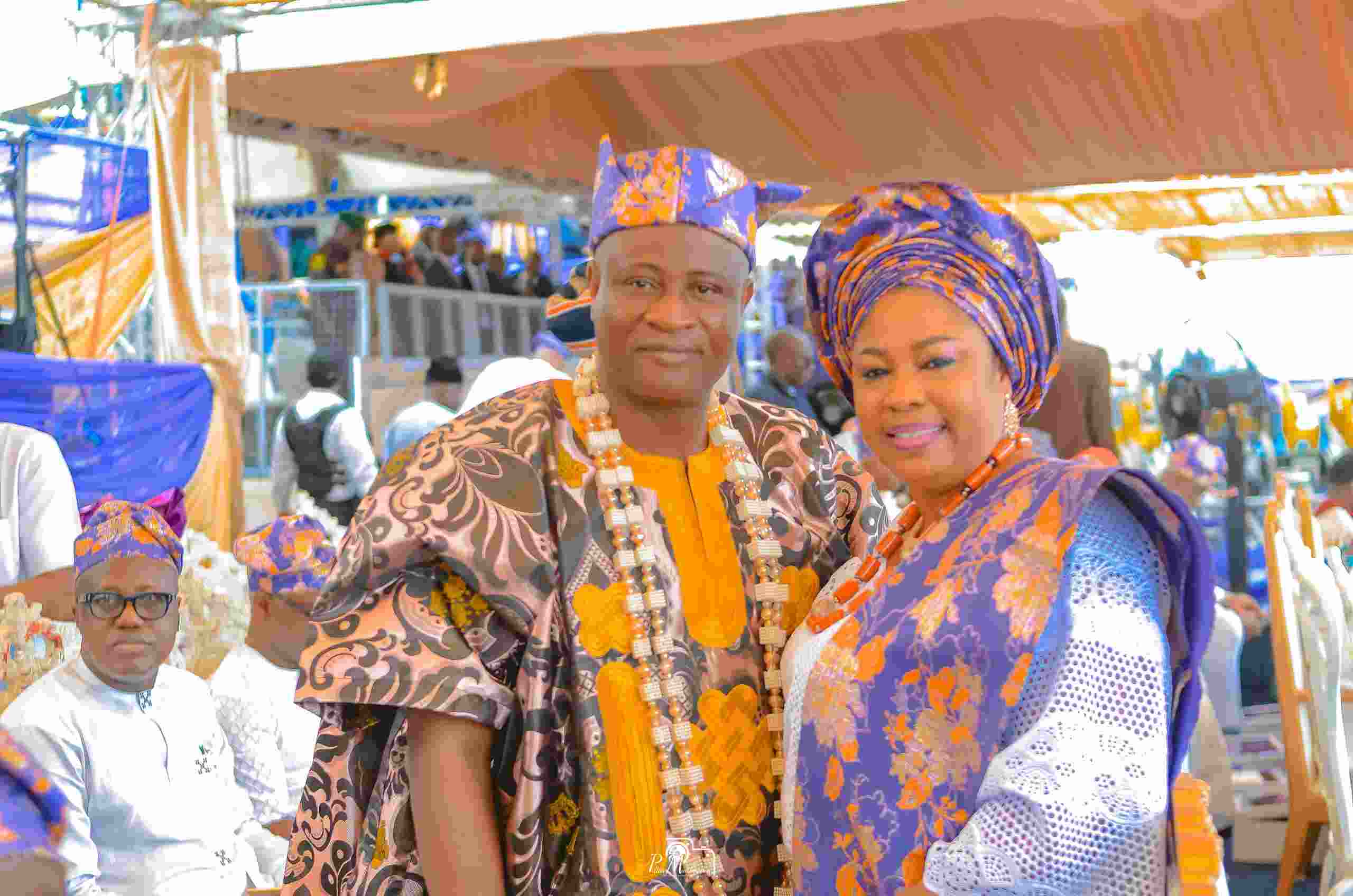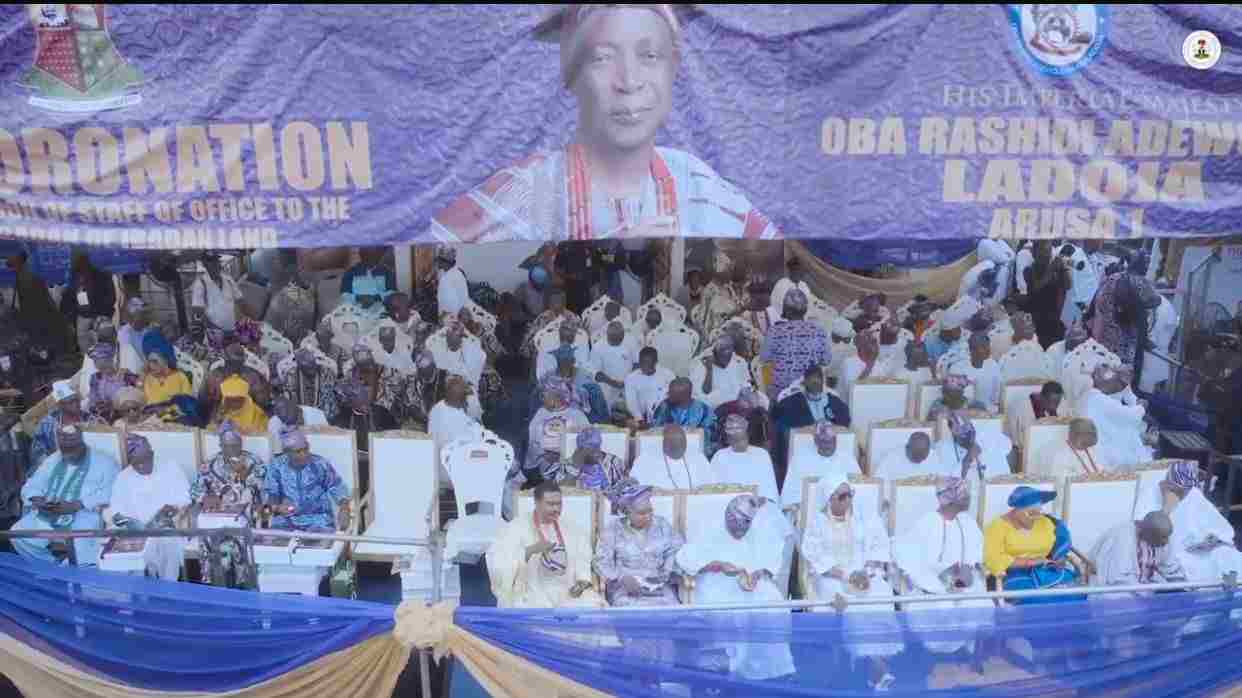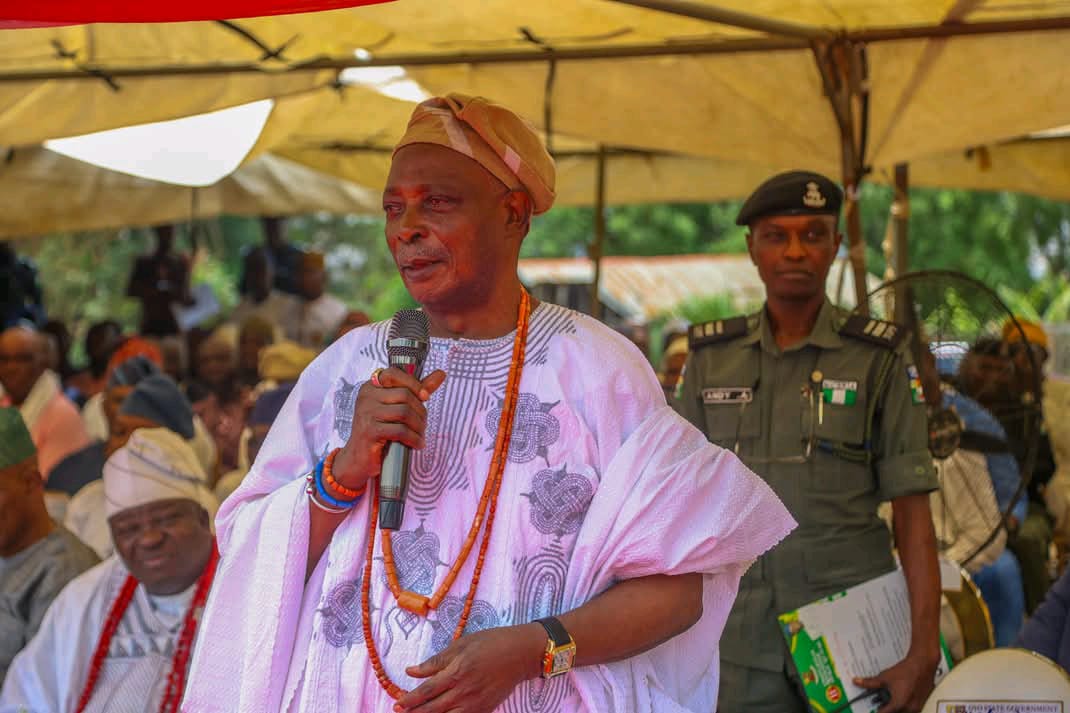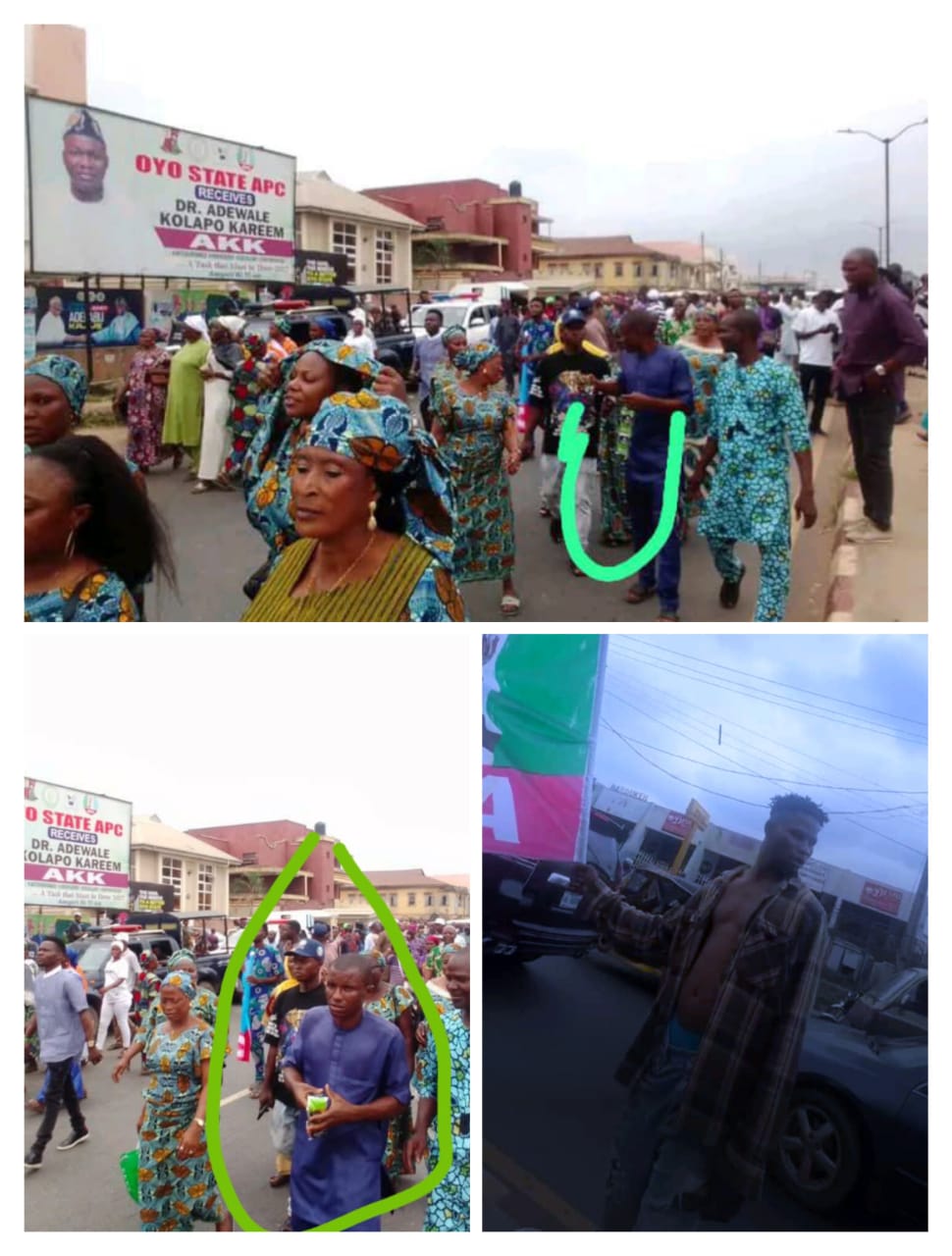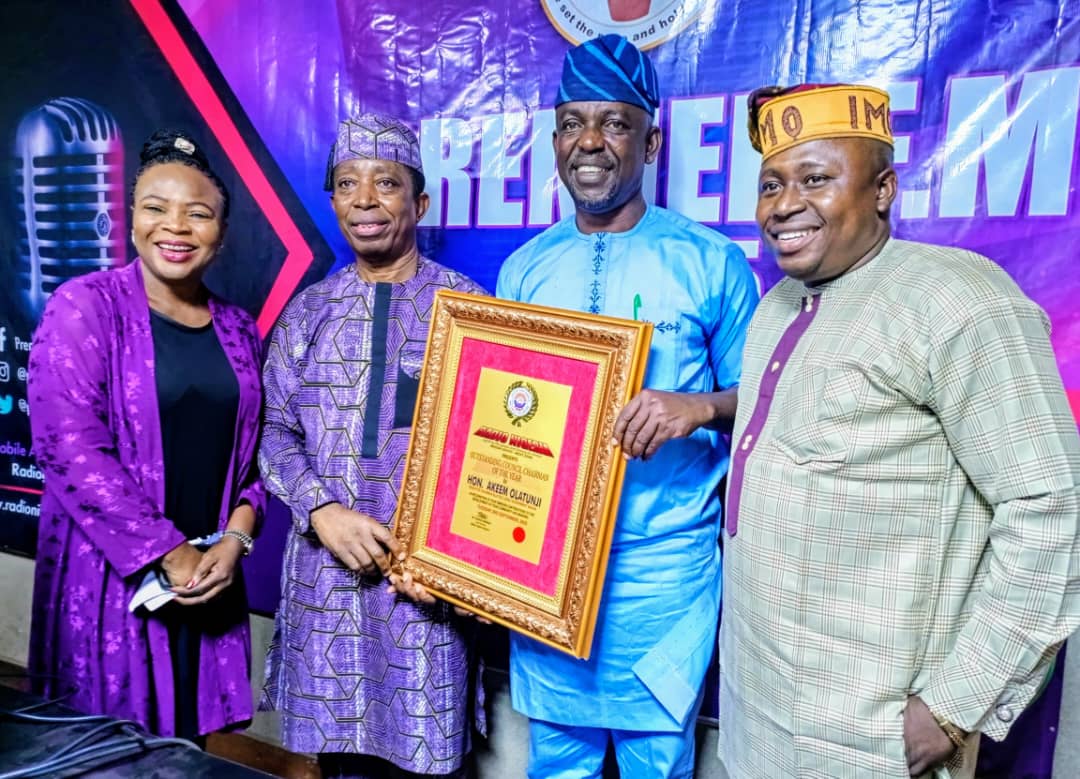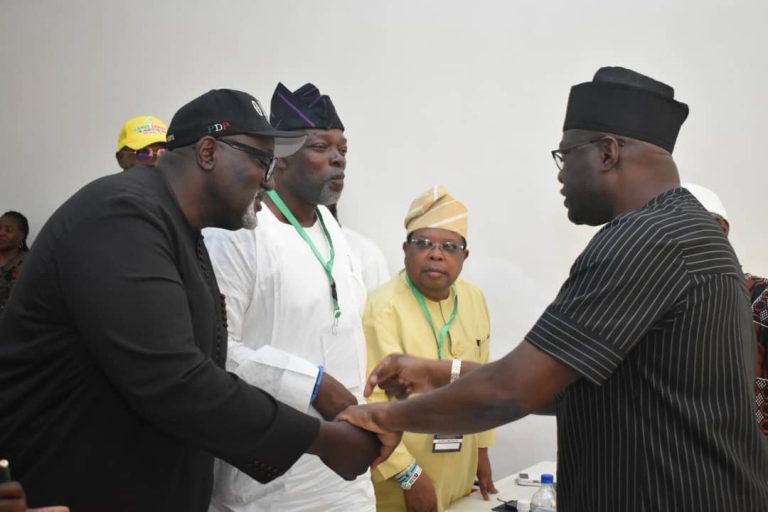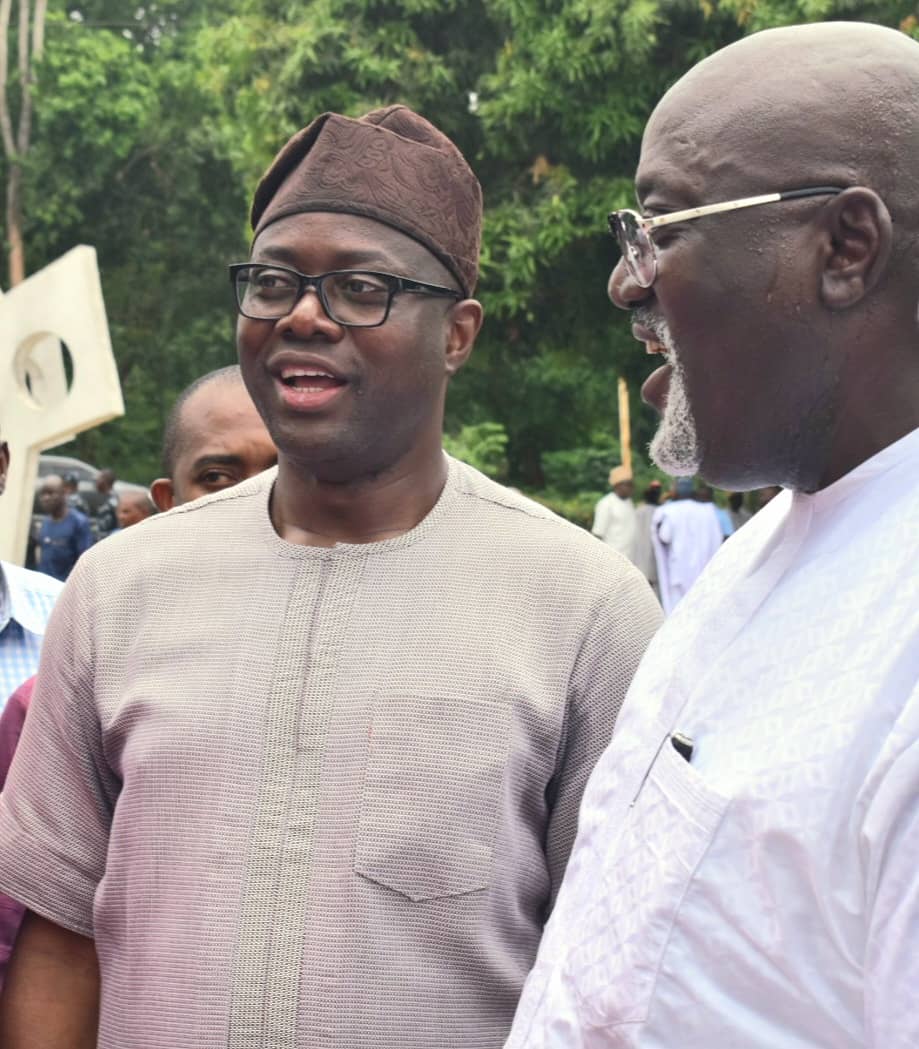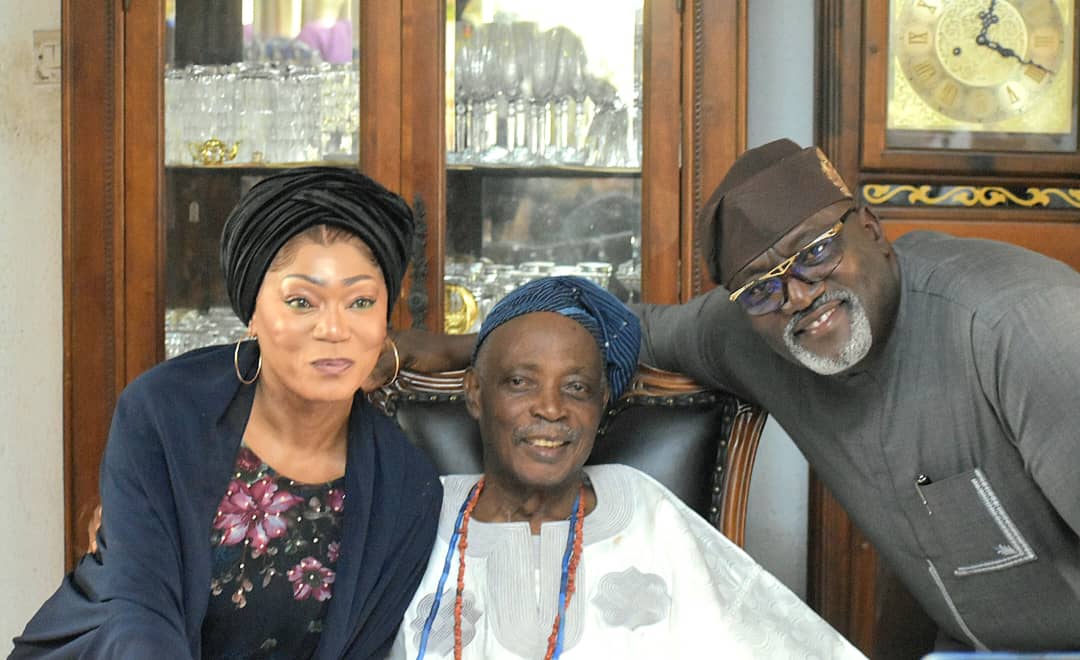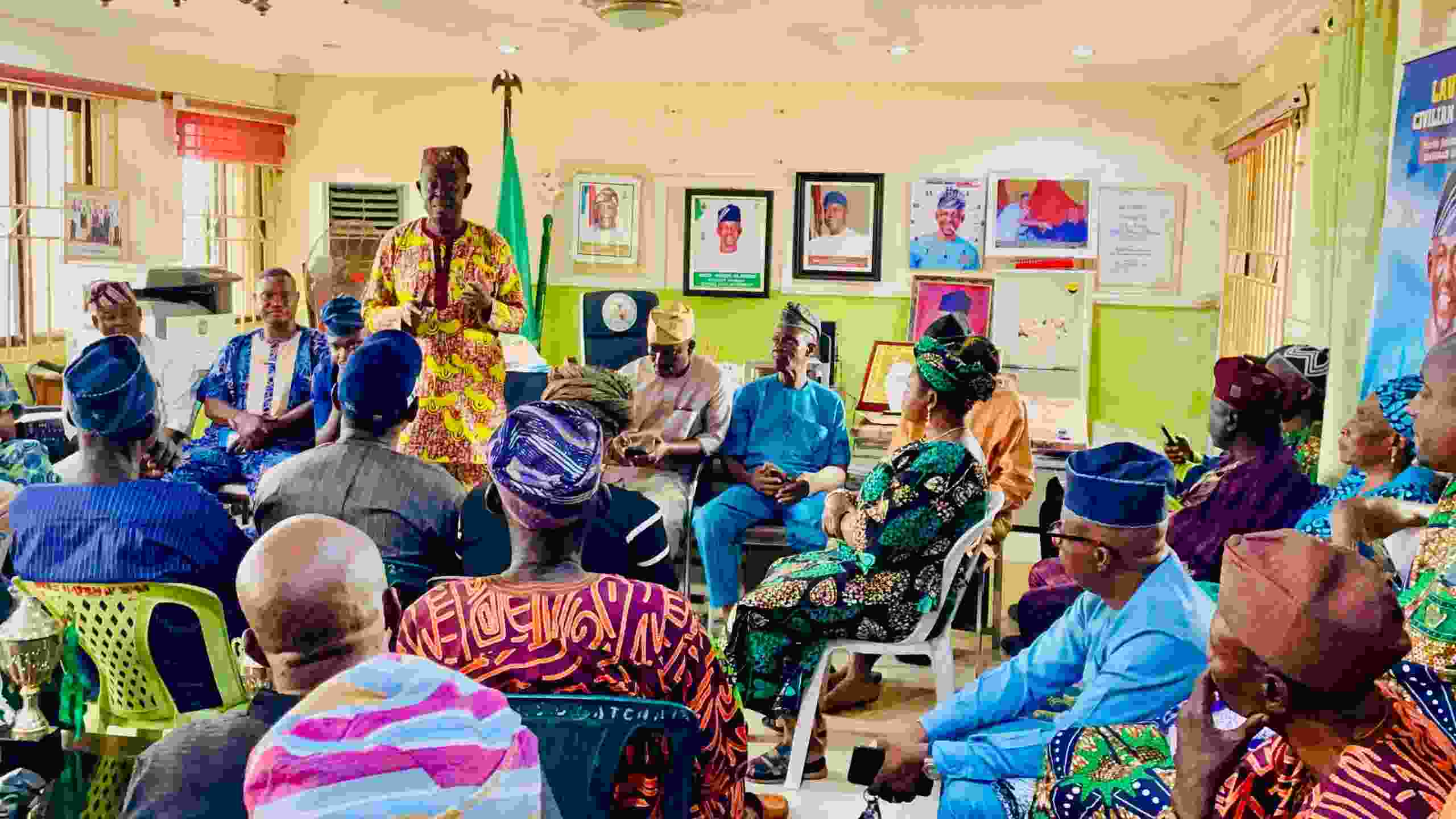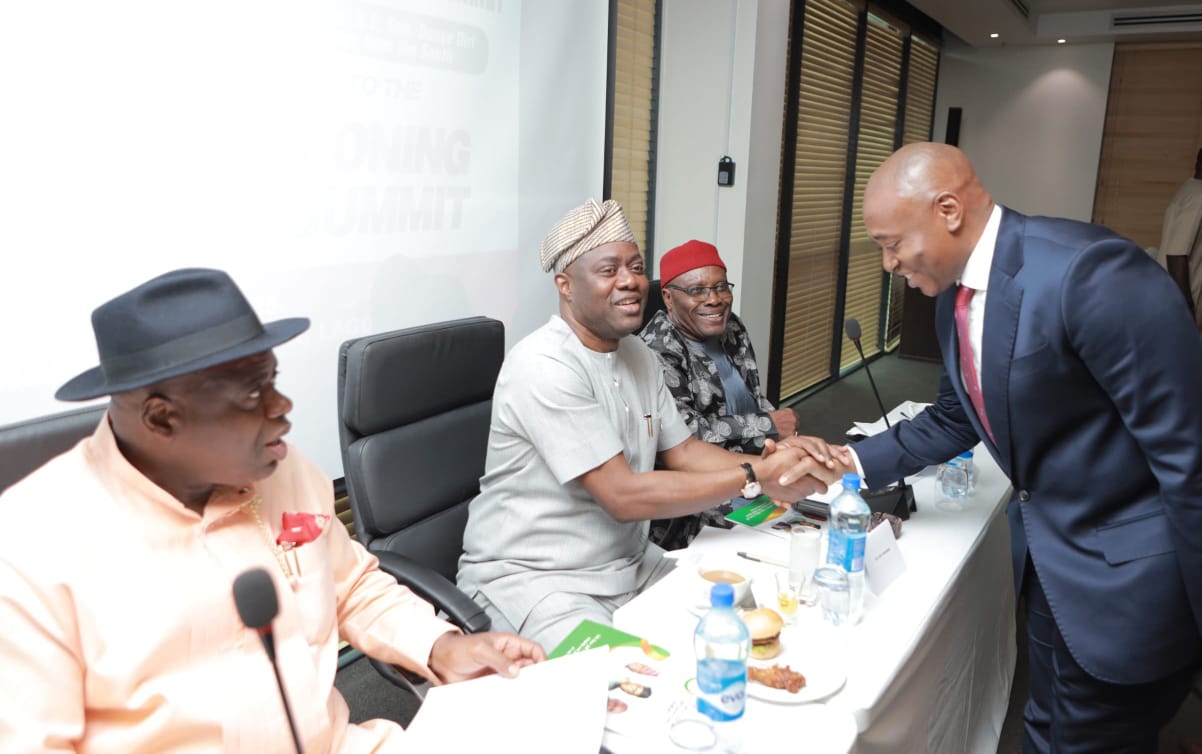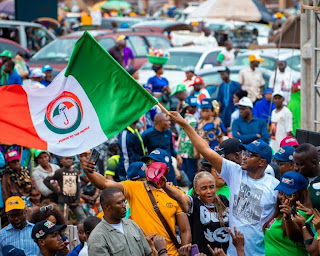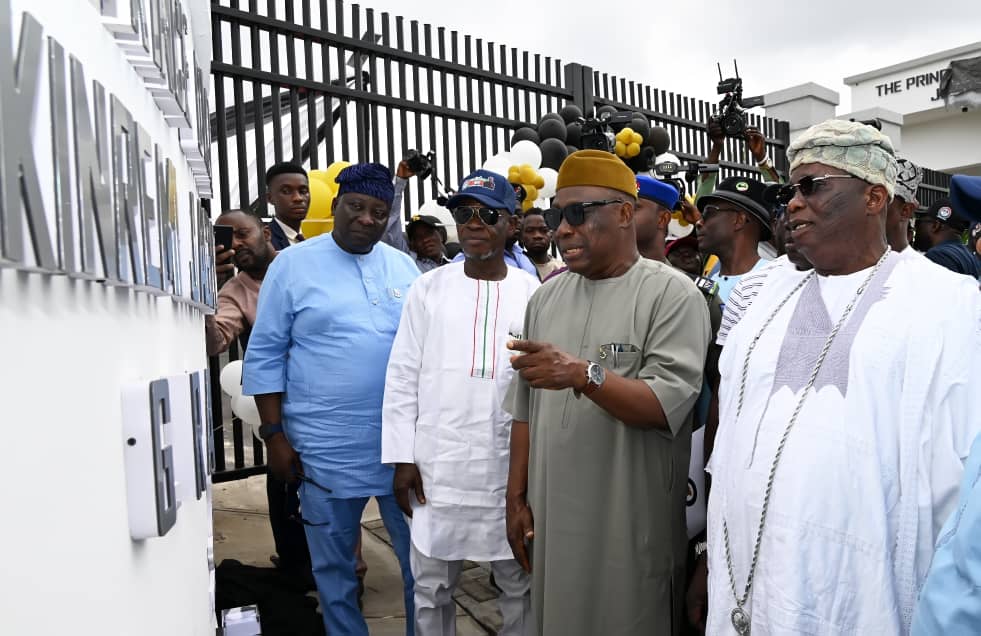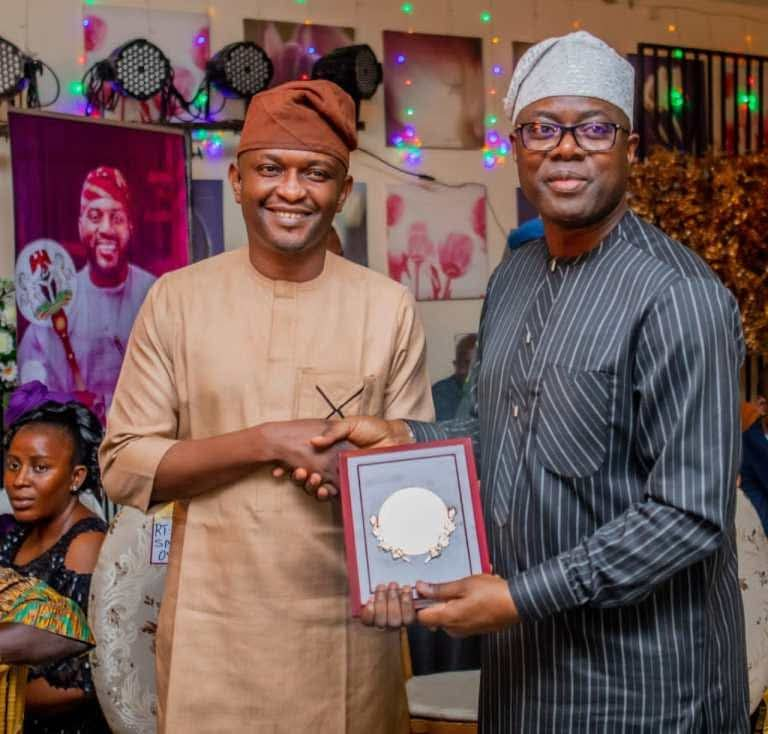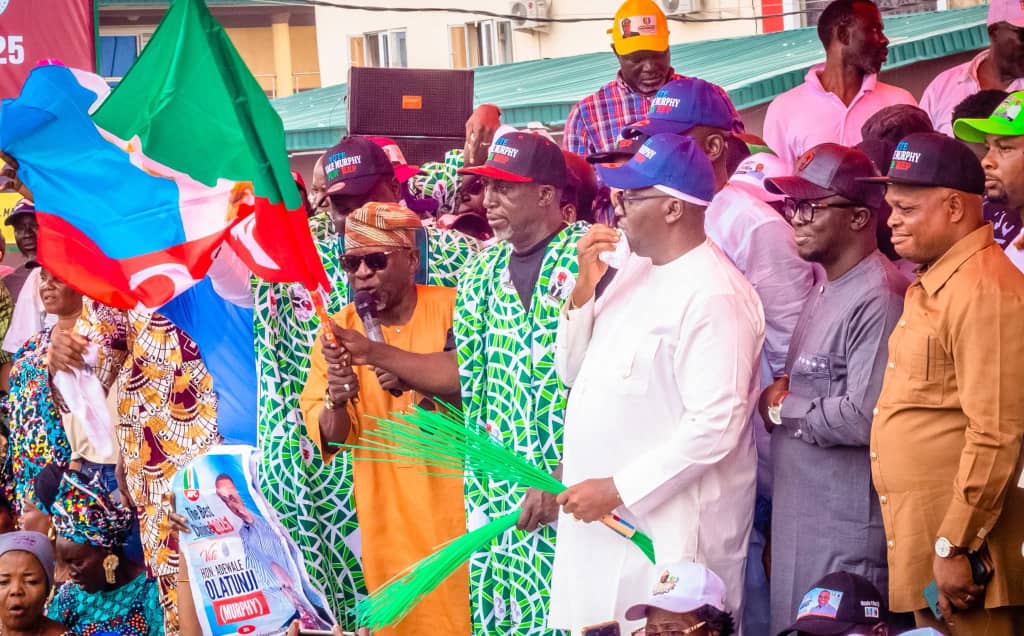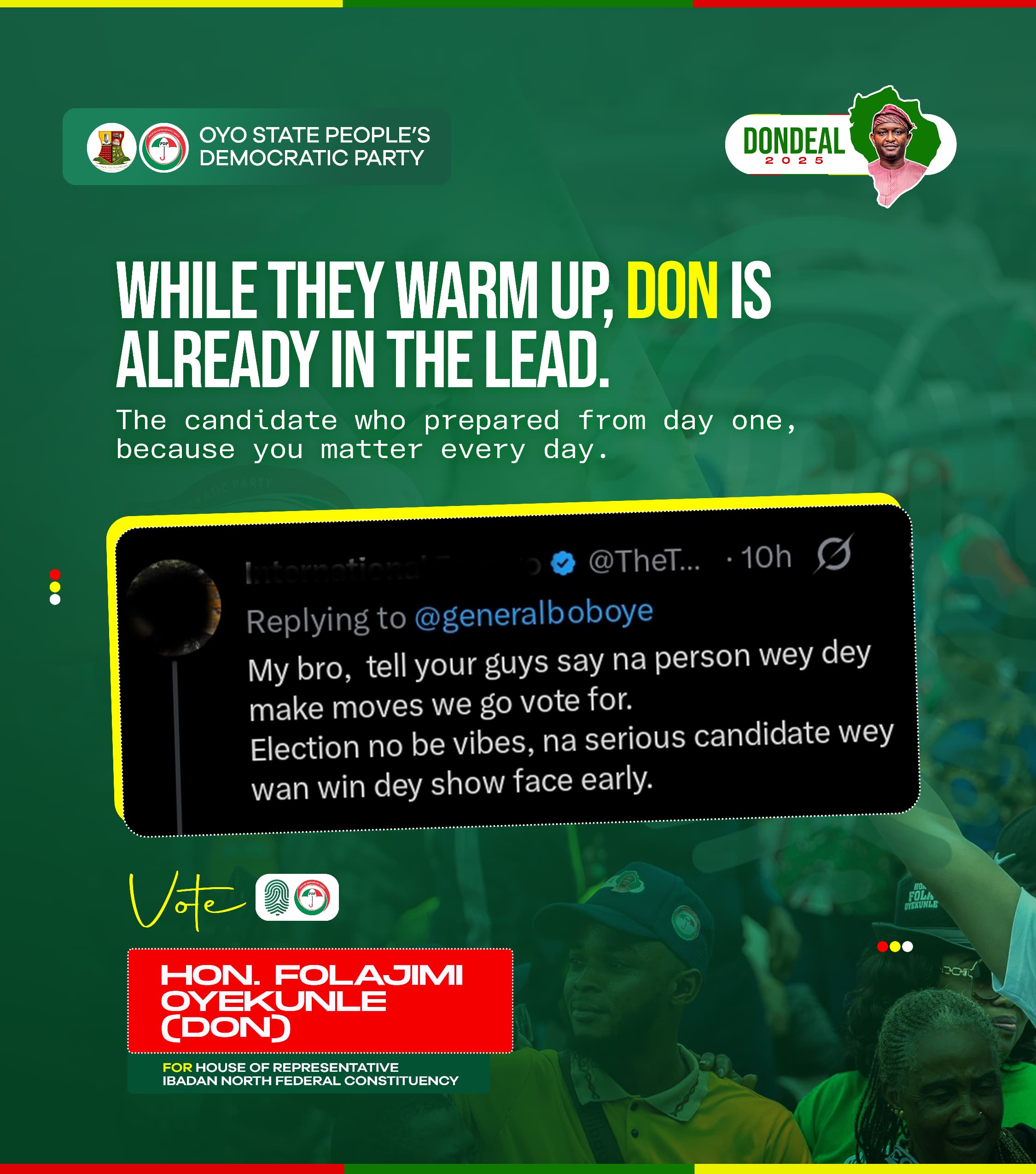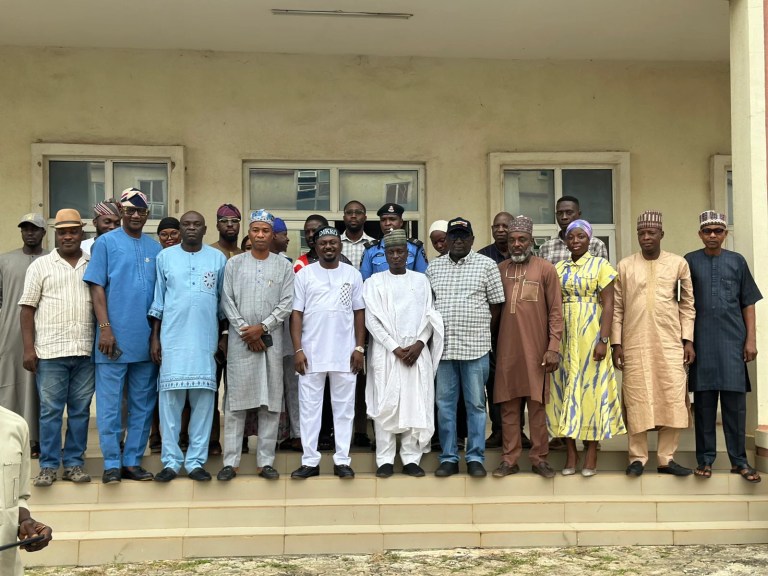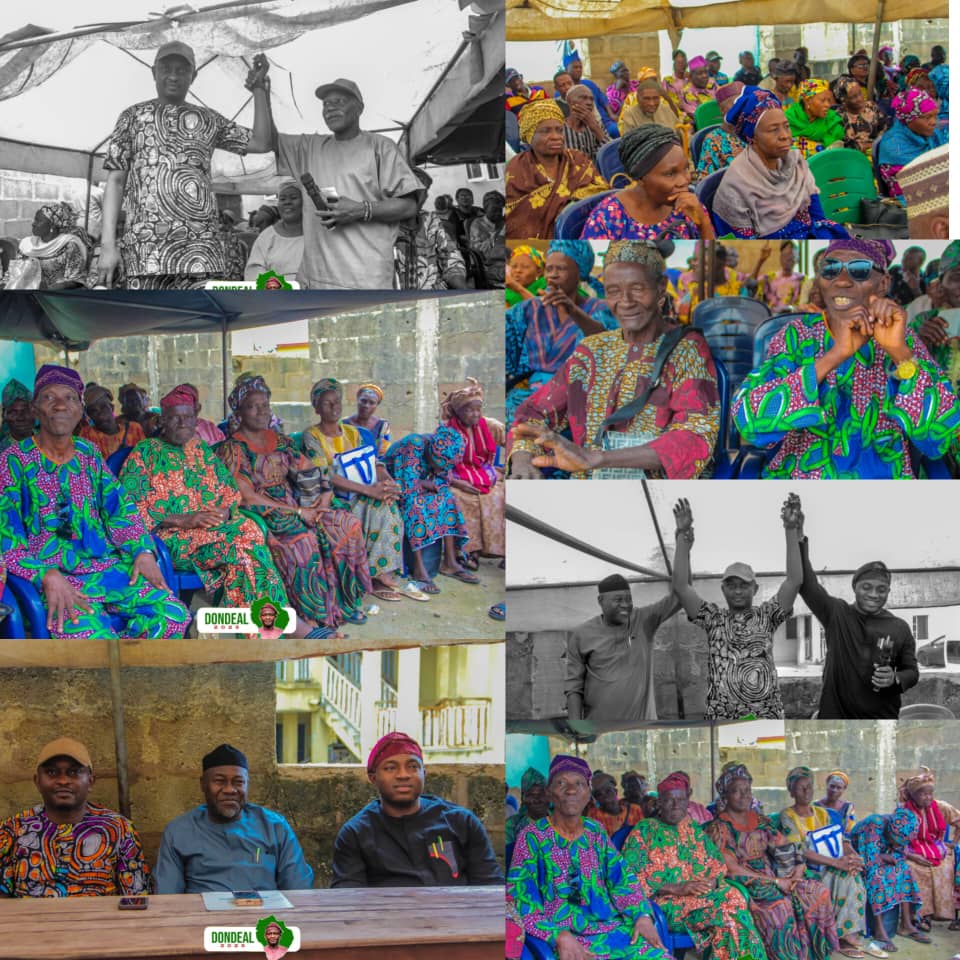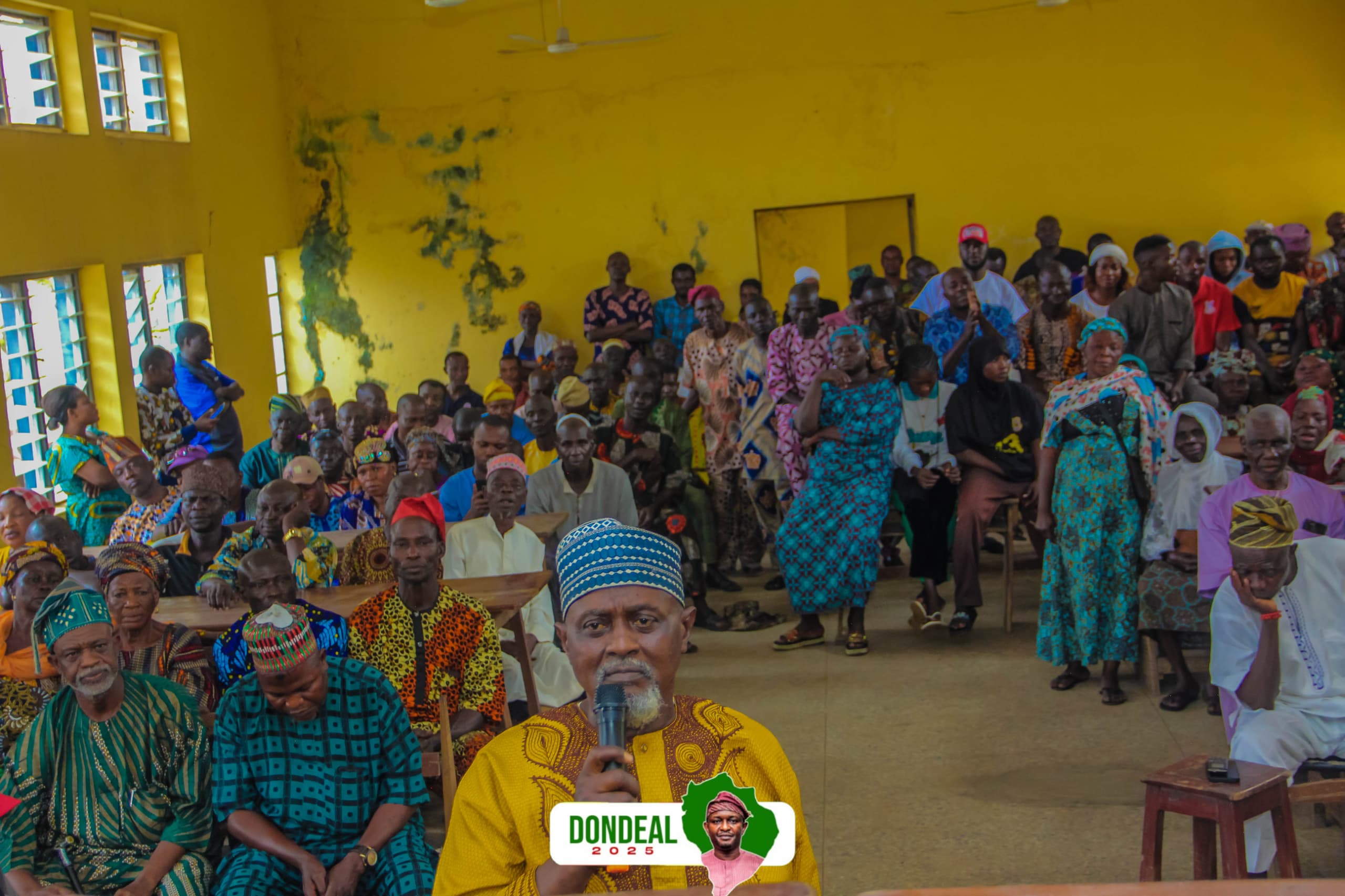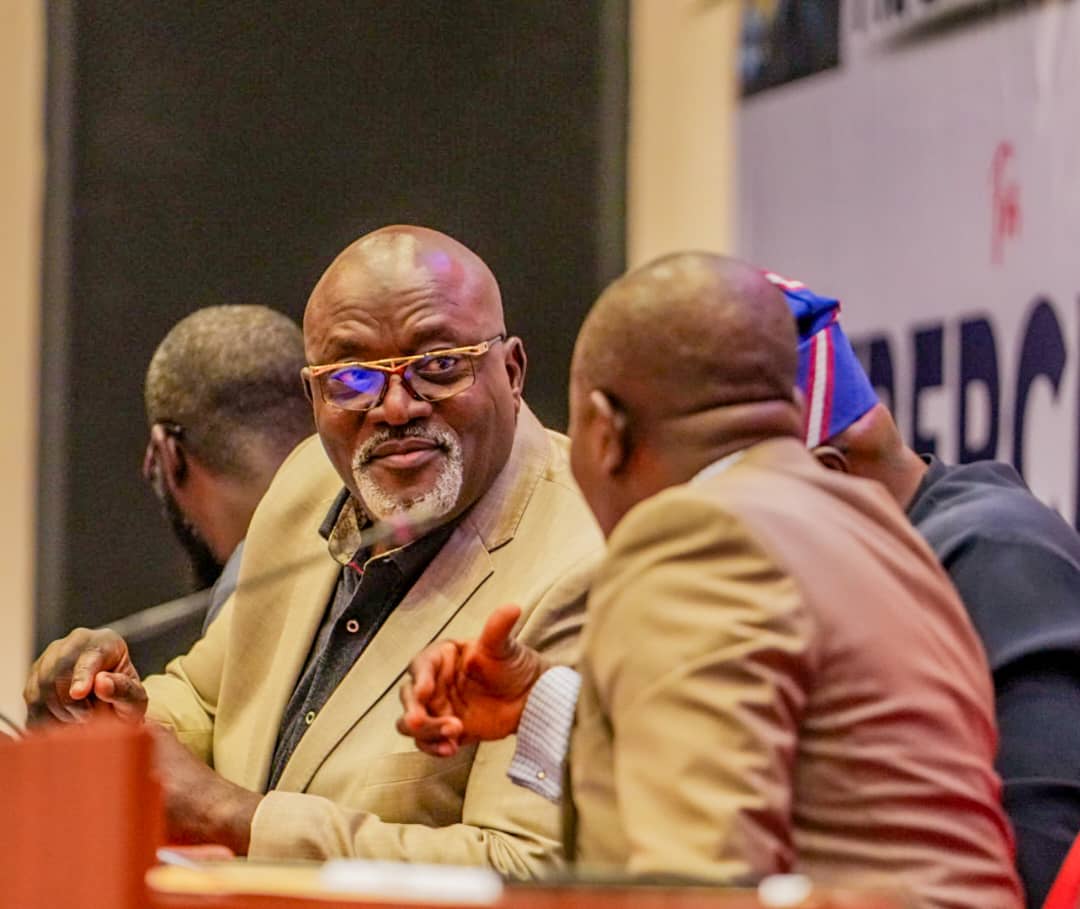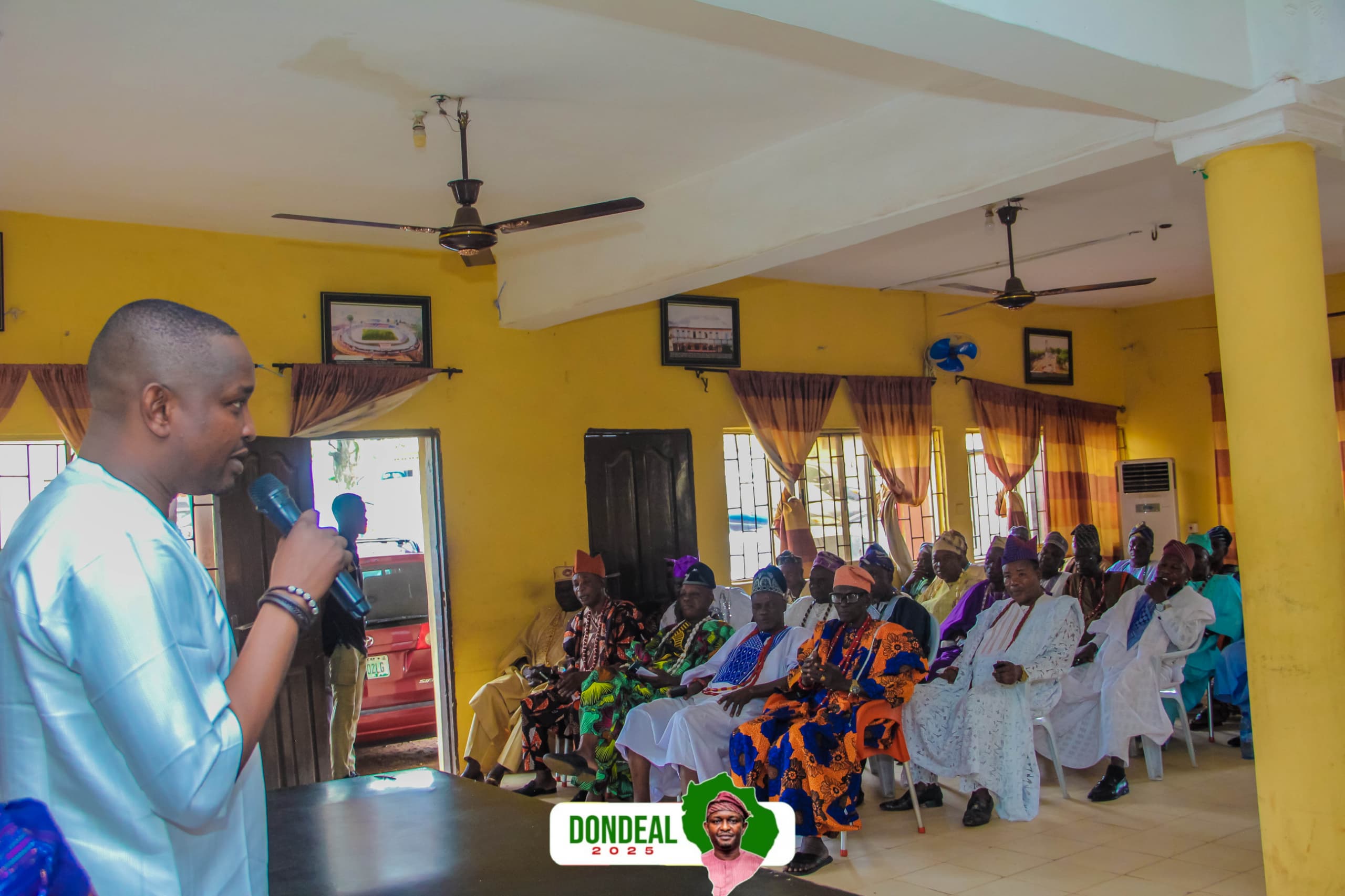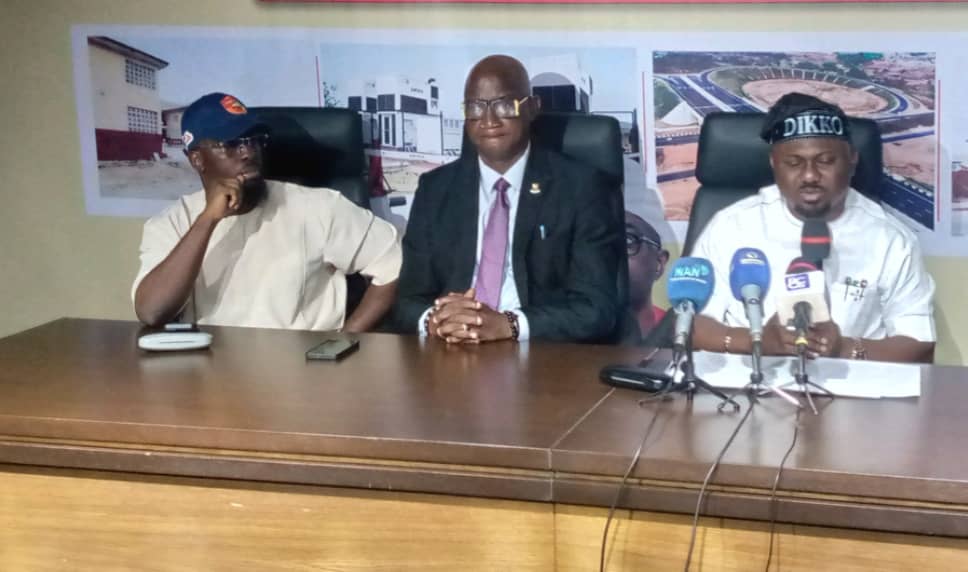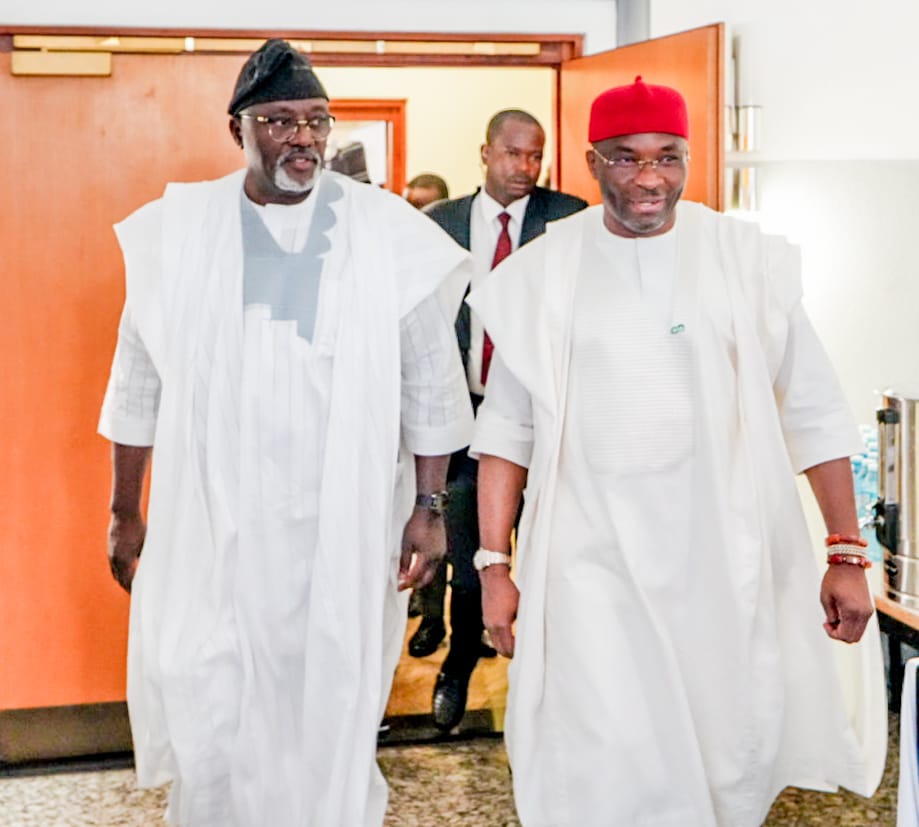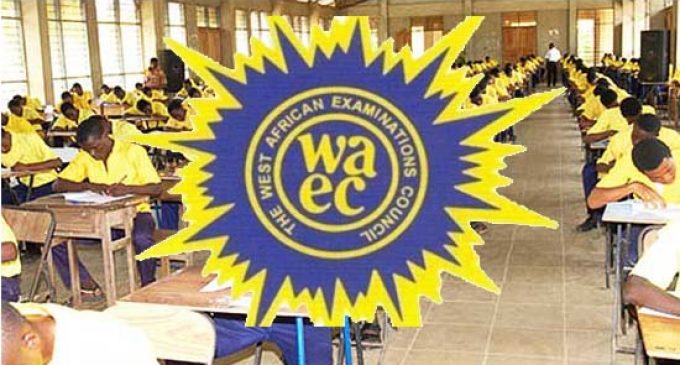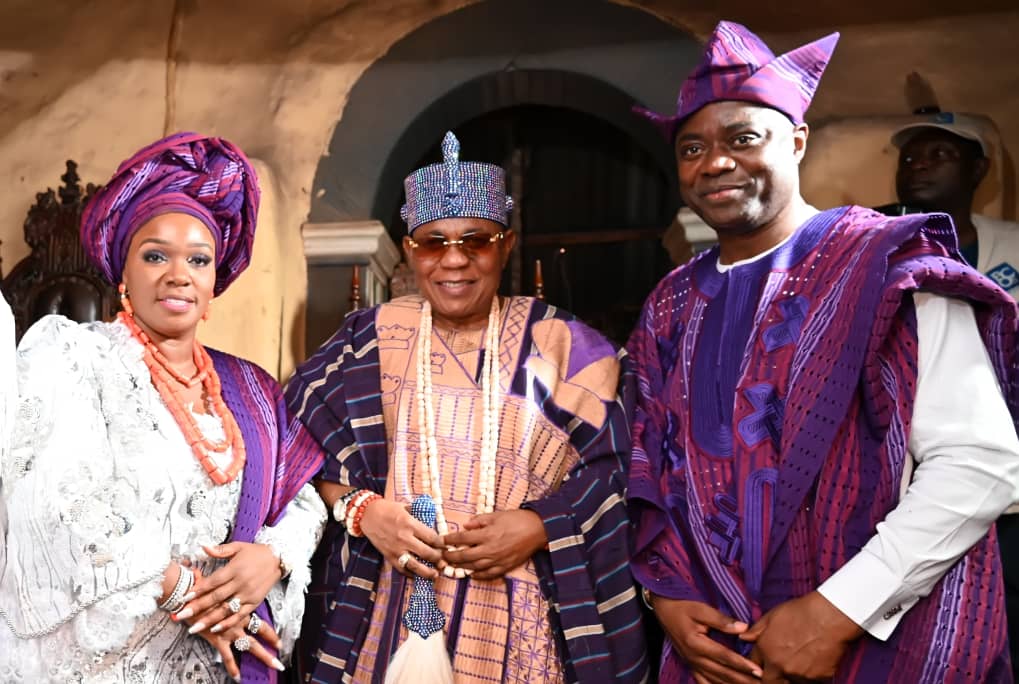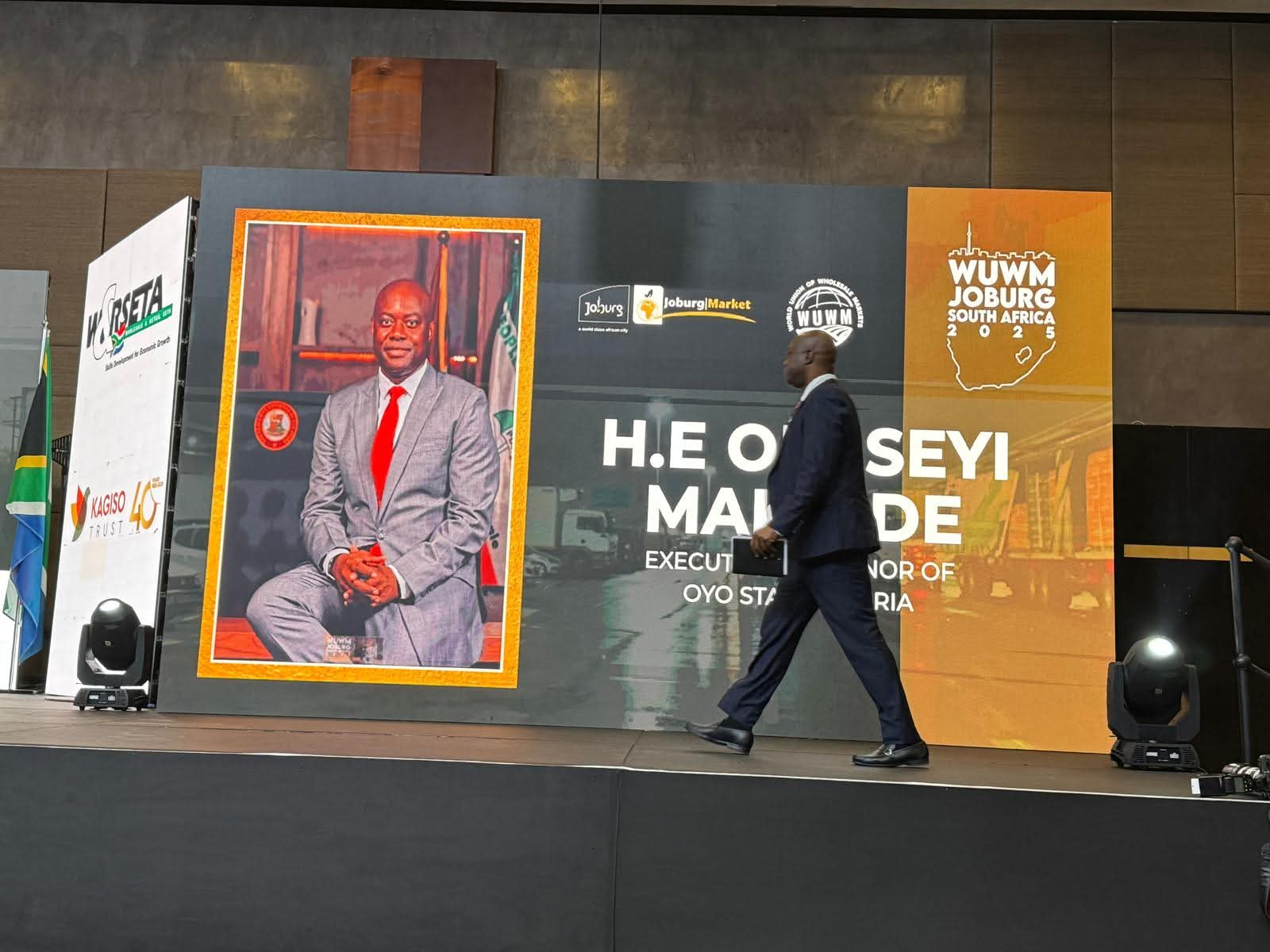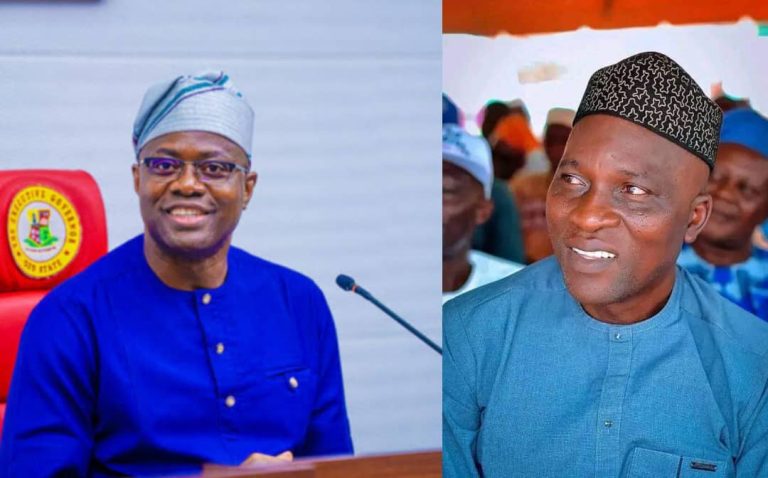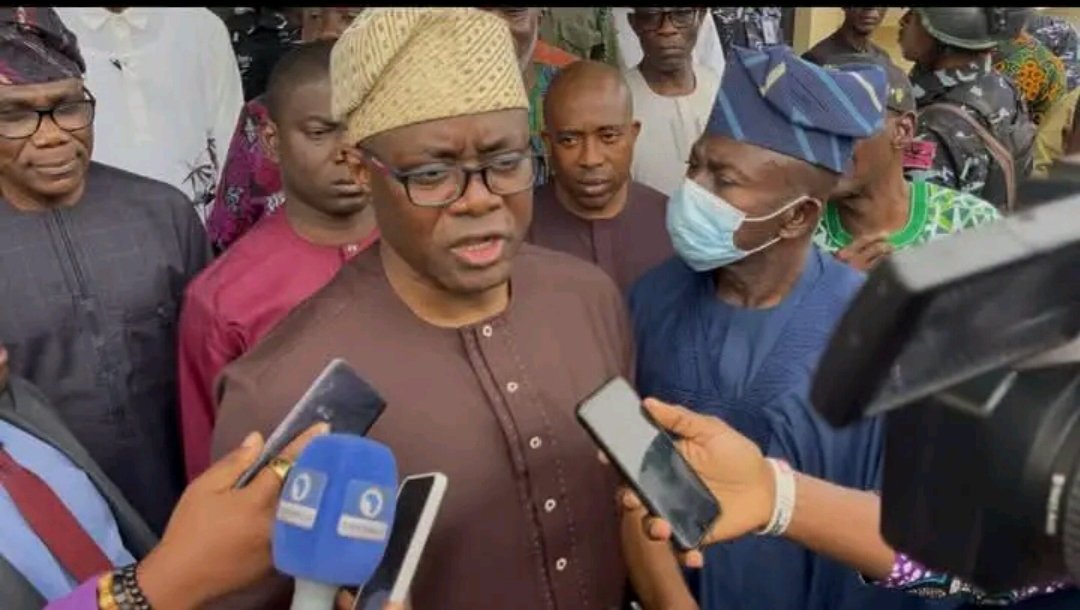Labour Threatens Showdown As FG Insists On Electricity Tariff hike


Labour threatens showdown as FG insists on electricity tariff hike
The Federal Government, on Friday, insisted on the 240 per cent hike in tariff payable by power consumers in the band ‘A’ category despite calls for its reversal.
It also revealed that the subsidised power pricing regime would be for the short term, with a transition plan to achieve a full cost-reflective tariff within a period of three years.
However, the decision did not go down well with the Nigeria Labour Congress, which told the Federal Government to prepare for the consequences of the tariff hike, which it described as wicked and unpopular, stressing that since the government preferred to listen to the World Bank and International Monetary Fund, it should be ready to face the consequences.
The Head of Information, NLC, Benson Upah, told one Saturday PUNCH, “We did say earlier that this tariff hike is insensitive and unpopular. So if the government elects to continue with the hike or persists in something that is evil, I’m sure it is equally prepared for the consequences of that evil.
“The manufacturers are saying this is going to hurt businesses and make the environment more hostile, and we also said so. There is no place in the world where high power tariffs have supported manufacturing. Not even in the developed world.
“So, it completely beats our imagination for the minister to have the audacity to say that the policy would continue. What this means is that the minister and the President are not in charge. It is saddening that the minister elected to pursue an unpopular policy.”
Upah added, “It shows that the minister and the President are not in charge. The people in charge are the World Bank and the IMF. They are the ones driving this highly injurious policy.
“So, our leaders should be prepared for the consequences of this highly injurious policy. That is what I’ll say about this issue for now.”
Manufacturers and the organised labour had kicked against the hike in tariff payable by about 1.9 million consumers, which was approved and announced by the Federal Government on Wednesday.
Subsidy on electricity was withdrawn completely from the tariff of consumers on the band A category, which constitute about 15 per cent of the total 12.82 million power consumers across the country.
The government announced the hike in electricity tariff at a press briefing in Abuja by NERC, adding that those affected would pay N225 per kilowatt-hour, up from the previous rate of N68/kWh, representing about 240 per cent increase.
The government stated that the decision took effect on April 3, 2024.
But the Organised Private Sector, NLC, and the Trade Union Congress kicked against the hike in tariff for power users and demanded that the decision be reversed.
They argued that the hike in tariff would send manufacturers out of business, worsen inflation and stifle small and medium enterprises, adding that there was no place in Nigeria currently enjoying up to 20 hours of power supply daily.
Band A power users are those who get up to 20 hours supply of electricity daily.
At a press briefing in Abuja on Friday, the Minister of Power, Adebayo Adelabu, insisted that the Federal Government would continue with the new tariff regime for Band A consumers despite calls for its reversal.
He said this was because the government could no longer continue paying humongous sums as power subsidy, stressing that subsidy on electricity for 2024 would cost the government about N2.9tn.
The minister said, “We are in the subsidy pricing regime, whereby the government provides a large portion of the cost of producing, transmitting, and distributing power. Click here to continue reading on Punch

